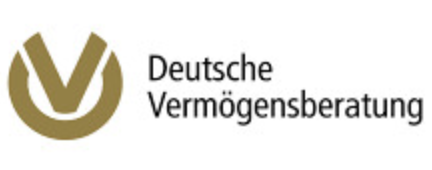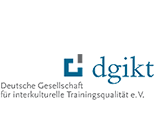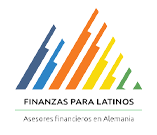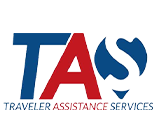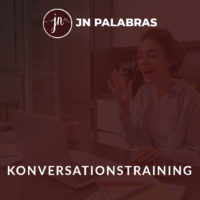intercultural training for international success
Global communication means,
know their international employees and understand the culture and values of their working environment.
a global network
from cultural trainers.
An essential part of our development process is the establishment of a global network of highly qualified intercultural trainers and contacts.

training for the development of cultural awareness
„Ein Mangel an Bewusstsein für kulturelle Normen oder fehlendes Verständnis lokaler Verhaltensweisen können die globale Kommunikation und das Verhalten am Arbeitsplatz beeinträchtigen und folglich entstehen Konflikte.“
Our intercultural training - based on the research findings of renowned cultural scientists such as Geert Hofstede, Edward Hall, Fons Trompenaars, Richard Lewis, Erin Meyer - helps your employees to develop the cultural intelligence they need to succeed in global business.
Our internal team of experts has developed a modular online program based on scientifically recognized intercultural theories.
Our partners
rethinking intercultural training
Learn in a unique way with palabras

Our intercultural training - based on the research findings of renowned cultural scientists such as Geert Hofstede, Edward Hall, Fons Trompenaars, Richard Lewis, Erin Meyer - helps your employees to develop the cultural intelligence they need to succeed in global business.
Our internal team of experts has developed a modular online program based on scientifically recognized intercultural theories.
Our intercultural training - based on the research findings of renowned cultural scientists such as Geert Hofstede, Edward Hall, Fons Trompenaars, Richard Lewis, Erin Meyer - helps your employees to develop the cultural intelligence they need to succeed in global business.
Our internal team of experts has developed a modular online program based on scientifically recognized intercultural theories.
FAQ



